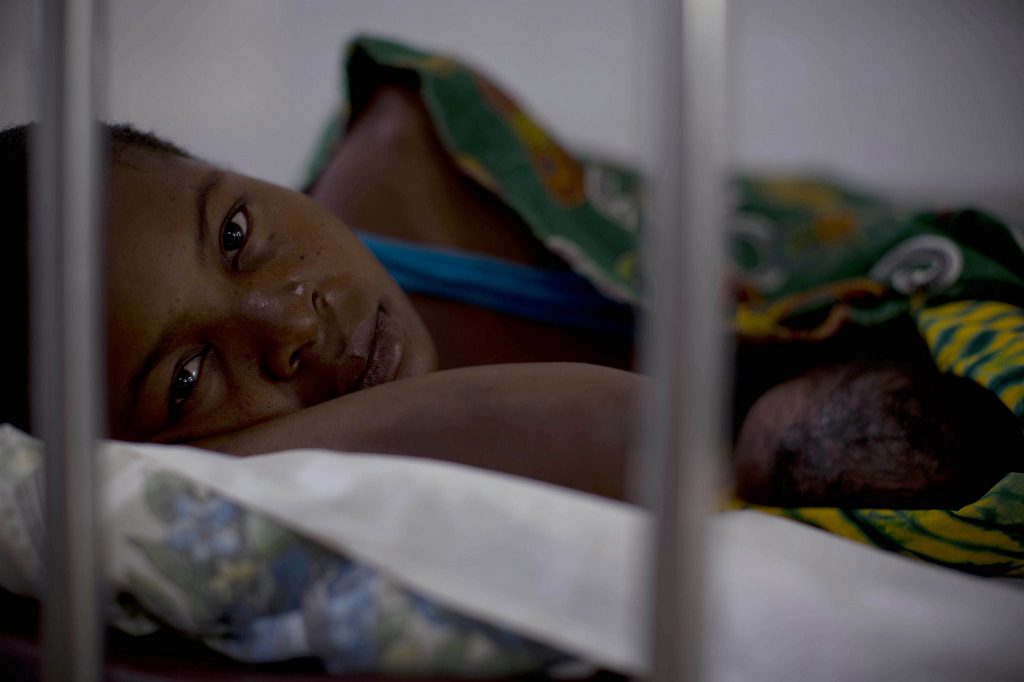Sara Zacarias is a traditional birth attendant in Matola Province, Mozambique. She received training in maternal, newborn, and child health issues—including knowledge on HIV—from USAID’s predecessor flagship Maternal and Child Health Integrated Program (MCHIP).
“After the training, I learned how to do my work better. I have mapped the pregnant women in my community and now I know where to go and what house to visit,” she said. “I love my work because, with what I have learned, I can help women. Some don’t know the importance of birth plans, the danger signs during pregnancy, and the importance of having a baby at the health center.”
Traditional birth attendants trained by MCHIP are, in collaboration with the Ministry of Health, placed in communities needing assistance related to maternal, newborn and child health, as well as HIV. Their role includes educating pregnant women on preparation of a birth plan, the importance of giving birth in a health facility, and the danger signs of life-threatening complications.
One such woman is 20-year-old Rute Ricardo Mbia, who was recently pregnant with her first child. When her mother, Ana Samuel Mulungo, was at the market, Zacarias approached her to see if her daughter had all of the information that she needed to make the right choices during her first pregnancy. Knowing women who died due to complications during labor, Ana wanted Zacarias to explain the importance of getting good prenatal care and having the birth at the health center.
Zacarias did just this, going to Ana’s and Rute’s house to discuss the vital role of prenatal care (including testing for HIV) for both mother and baby, and the benefits of giving birth at the health center. She also helped Rute develop a birth plan, including the steps of attending all appointments at the health center and recognizing the signs of danger during pregnancy.
“I am very thankful to Zacarias for the visit,” Rute said. “Now I know more things about my baby and me and how I can prepare myself for the day of labor and avoid having problems at the last minute. For me, the most important part was the birth plan and my plan for transportation when I have to go to the hospital.”
Zacarias visited Rute monthly to monitor her health and follow her pregnancy. When Rute started to feel labor pains, her mother ran to get Zacarias for help. Together, they alerted the pre-arranged transport and took Rute to Matola II Health Center. At the hospital, they were received and treated with respect, and Rute had a safe and successful delivery of a healthy baby girl, Tatiana.
Since the birth of her daughter, Rute has been teaching other mothers in her community about the importance of preparing in advance for childbirth. She shares her positive experience at the health center to encourage them to receive prenatal care and deliver at the facility.
“I used to hear horrible stories in my community of women who were not well-treated in hospital by nurses. This was not my case. I was very well treated,” Rute said.
With support from both MCHIP and MCSP, more than 10,000 women have given birth safely at Matola II Health Center since April 2011.

